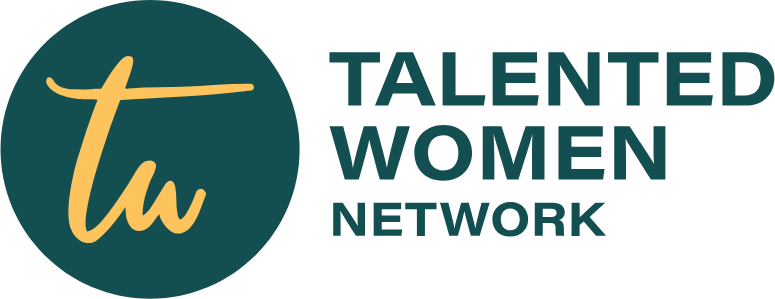The Federal Government has announced plans to launch a national campaign aimed at promoting Made-in-Nigeria goods and services under the “Nigeria First” policy, as part of efforts to revive the country’s manufacturing sector.
President Bola Tinubu, represented by the Minister of State for Industry, Trade and Investment, Senator John Enoh, disclosed this in Lagos during the fifth Adeola Odutola Lecture organized by the Manufacturers Association of Nigeria (MAN).
According to him, the campaign seeks to encourage national preference for Nigerian-made products that meet global quality standards while reducing the nation’s heavy dependence on imports.
Tinubu noted that studies show the campaign could boost the manufacturing sector by six percent and create over 500,000 jobs within three years. He reaffirmed his administration’s commitment to strengthening local industries through policies that promote production, consumption, and export of domestically made goods.
“No country achieves prosperity or dignity without producing what it can and exporting at scale what it does best,” he said.
“Economic resilience begins in the factory and thrives in the marketplace. We are committed to reducing structural costs and enabling our manufacturers to compete effectively both at home and abroad.”
The President outlined six core policy priorities under the Nigeria First strategy:
- Federal procurement reforms
- Enforcement of quality and standards
- Export expansion
- Access to finance
- Energy and logistics
- Skills development and input security
He urged manufacturers to uphold transparency and quality in production while working closely with government agencies to provide accurate data for effective policy design.
Speaking on behalf of Dangote Group, Mr. Mansur Ahmed, former MAN President, listed eight key expectations from the Nigeria First policy, stressing that it must be institutionalized as a durable national strategy capable of withstanding political and market shifts.Don’t Miss This: Nigeria Calls for Global Collaboration to Accelerate Women’s Development According to him, the policy should be backed by legislation with punitive measures for non-compliance, ensure policy consistency, and foster long-term industrial development.
Other expectations include establishing a national supplier registry, promoting consumer engagement, driving backward integration, addressing infrastructure and energy challenges, and expanding access to finance to strengthen local supply chains.
“The Nigeria First Policy represents a bold opportunity to industrialise sustainably,” Dangote stated. “Its success depends on clear legislation, institutional enforcement, and strong alignment across government and industry.”
Also speaking, MAN President Otunba Francis Meshioye commended the government’s policy direction, describing Nigeria First as a potential game-changer for the manufacturing sector and the wider economy.
He, however, noted that the sector still faces major challenges, including global headwinds and domestic macroeconomic constraints.
“If we do not intentionally support our own manufacturers, we will not be able to compete globally,” Meshioye warned.
“The Nigeria First policy is about building resilience, creating jobs, saving foreign exchange, and driving innovation. Its success lies in effective legislation and implementation.”

